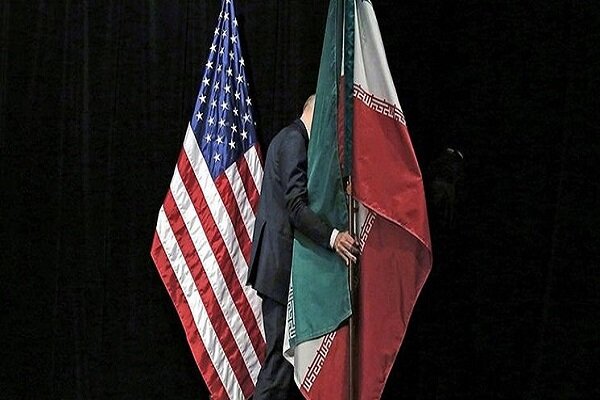The report released early Tuesday by AP said the Biden administration has also agreed to release five Iranian citizens held in the United States.
It added that Secretary of State Antony Blinken signed off on the sanctions waivers late last week, a month after US and Iranian officials said an agreement in principle was in place on the issue.
The waiver means that European, Middle Eastern and Asian banks will not be in violation of US sanctions in converting Iran's money, which was frozen in South Korea, and transferring it to Qatar’s central bank, where it will be held for Tehran to be used for the purchase of non-sanctioned goods.
Due to numerous US sanctions, several European countries were not willing to take part in the transfer. Blinken’s waiver is aimed at easing their concerns about any risk of US sanctions and applies to banks and other financial institutions in South Korea, Germany, Ireland, Qatar and Switzerland.
US media, however, claimed that the waiver is part of a larger agreement between the two countries, which also includes the exchange of prisoners between Tehran and Washington. They said five American prisoners detained in Iran will be allowed to leave in exchange for the transfer of the funds and the release of five Iranians held in the United States.
Top Iranian officials, however, have emphasized time and again that there is no connection between a prisoner exchange agreement reached with the United States and the release of Iran's frozen assets.
Earlier in August, Iran's Foreign Minister Hossein Amir-Abdollahian said, "The exchange of prisoners is a completely humanitarian issue and has nothing to do with unblocking our funds in foreign banks.”
He said the recent agreement reached between Tehran and Washington, mediated by a third country, covers two separate issues, one relating to the prisoners' swap and the other about unfreezing Iranian assets illegally blocked overseas under the pretext of US sanctions.
He added that the process to transfer released Iranian assets from South Korean banks to a European bank started on August 10 and will be completed in several phases.
Iran’s top human rights official also said last week that the agreement between Tehran and Washington on the exchange of prisoners has nothing to do with the release of Iranian frozen assets.
Kazem Gharibabadi, secretary of Iran's High Council for Human Rights, roundly dismissed the notion that Iran has agreed to release the American prisoners in order to have access to its assets.
He noted that the Islamic Republic entered negotiations with the American side about the exchange of prisoners only because it supports its citizens who have been jailed in the US on bogus charges.






Leave a Reply